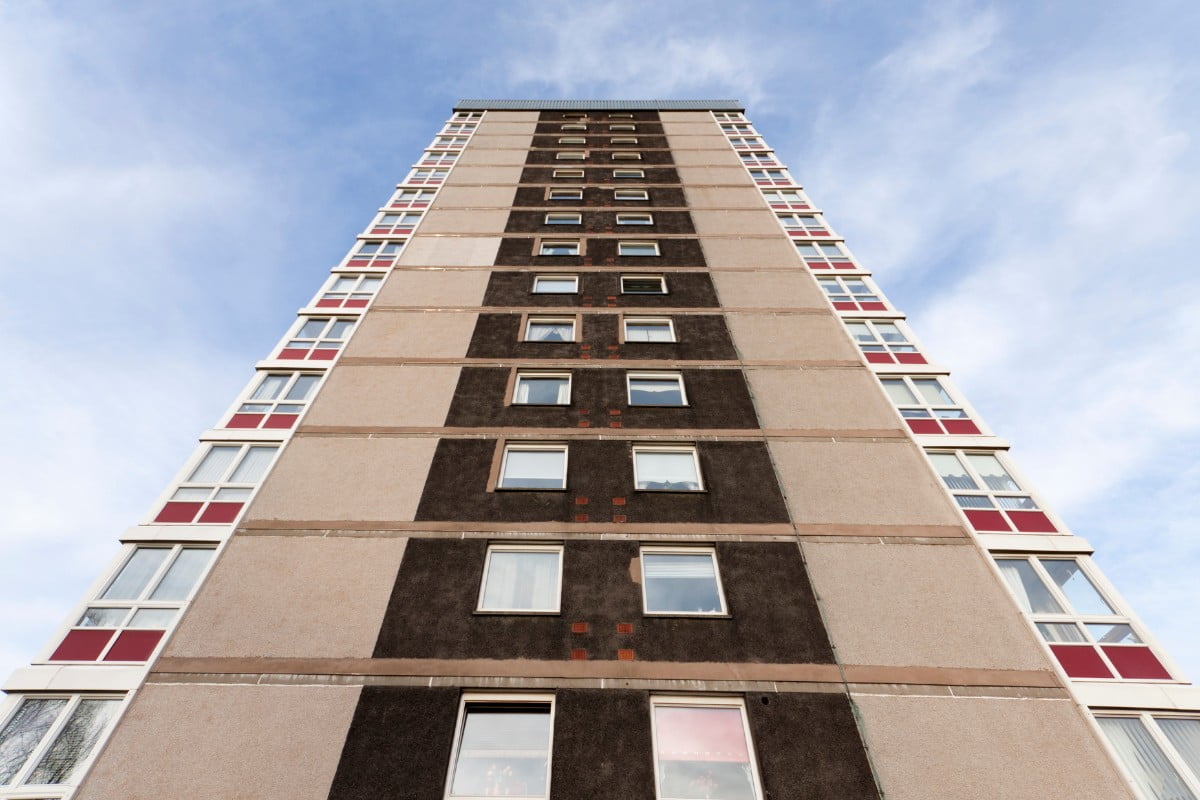When things get bad the ruling class has been known – if all else fails –
to turn on its own "for the greater good." With all the anger
continuing to boil up over the cuts and the role of the bankers, the
government decided it was time for a sacrificial lamb to come forward.
So this week "Fred the Shred" – Fred Goodwin – got his knighthood taken
away from him. The former head of RBS was told that he was being
punished for helping to bring down the world financial markets.
When things get bad the ruling class are even known – if all else fails – to turn on their own "for the greater good." With all the anger continuing to boil up over the cuts and the role of the bankers, the government decided it was time for a sacrificial lamb to come forward. So this week "Fred the Shred" – Fred Goodwin – got his knighthood taken away from him. The former head of RBS was told that he was being punished for helping to bring down the world financial markets.
A cabinet spokesperson kindly explained:
"The scale and severity of the impact of his actions as CEO of RBS made
this an exceptional case. Both the Financial Services Authority and the
Treasury Select Committee have investigated the reasons for this failure
and its consequences. They are clear that the failure of RBS played an
important role in the financial crisis of 2008/9 which, together with
other macroeconomic factors, triggered the worst recession in the UK
since the Second World War and imposed significant direct costs on
British taxpayers and businesses. Fred Goodwin was the dominant
decision-maker at RBS at the time. In reaching this decision, it was
recognised that widespread concern about Fred Goodwin’s decisions meant
that the retention of a knighthood for ‘services to banking’ could not
be sustained"
Now we should be clear that the actual reasons for the collapse of these markets and the onset of the recession are far more fundamental than just the mad antics of the bankers and finance wizards would suggest. The crisis is rooted in the very DNA of capitalism itself (see ‘The class struggle and the economic cycle’ and ‘Will there be a slump?’ for the theoretical background to all this) and reflects deep-seated contradictions which it cannot solve even if it wanted to. All the bankers did was make a potentially bad situation far worse as we have explained in several articles elsewhere.
Capitalism had sought to extend the boom conditions by the wild overuse of credit which created a huge mountain of debt which at some point would – like all bubbles – burst leaving just a few winners and many losers. At that point the extended boom would turn into its opposite – extended recession. This is what happened in 2007-8. The banking system had ignored reality (along with the rest of capitalism which had done likewise) and had jumped on the money-making merry-go-round, piling up huge debt into the finance system which had no chance of ever being backed by real goods and production. The housing market was just one visible example of this.
Both here and in the USA, banks were basing huge profits on the back of mortgages which were going to be defaulted on as soon as the merry-go-round stopped and people started losing their jobs. Some firms had even managed to get so-called junk mortgages (those with a high risk of default) reclassified as triple A rated investments and then got other firms to insure these investments against collapse. Naturally, those firms which had pulled this scam off made a mint whereas the other suckers got hit when the whole thing came tumbling down almost overnight. When the collapse came, banks were left holding a mountain of debt which they could not underwrite – hence the rash of partial and total nationalisations to avoid them going bust.The loss of available credit from banks no longer willing to lend naturally had serious consequences, especially for industrial capitalism struggling with warehouses full of goods which they could not now sell.
The then Labour government – following one of the stated rules of ‘neo-liberalism’ (as they like to call it) drawn up by right-wing economists in the 1970s alongside such gems as ‘attack the unions’ and’privatise like mad’ – took action to defend the finance sector against collapse. This, together with the huge handouts – state benefits for the rich – to big business to try and stave off recession, pushed up the public sector deficit to record levels. Hence the regime of austerity – a word designed to summon images of wartime sacrifice – was brought in both here and abroad. The capitalist system had seen huge sums of cash thrown at it and they were determined that the working class should now pick up the bill.
This is the logic of capitalism – unless you are prepared to break with the system itself then your choices are virtually non-existent. Any variation from the line risks a serious economic and financial crisis. Those who do not toe the line – and then some — face having their credit ratings downgraded which pushes up the cost of borrowing and presents a risk of sovereign debt default. Greece looks to have already passed the point of no-return.
Of course workers facing pay freezes, job losses and brutal cutbacks in public services have been looking for someone to blame and the banksters (as people have started calling them) are more than suitable targets. With their greed and ruthless exploitation they have deserved everything that has been thrown at them. Even the Tories – which as a party is dominated by finance capital, something Karl Marx predicted 150 years ago – have realised that something must be done to stave off public anger. Hence all the talk of crony capitalism and the criticism of bonuses on the part of government ministers.
So, poor old Stephen Hester has been ‘convinced’ not to accept his £1 million pound bung this year. Indeed most bonus payments have been recycled as salary increases to try and avoid public attack – hence the record pay rises this year for bosses as against pay cuts for many workers. However, Hester’s great ‘sacrifice’ wasn’t enough – more was needed. This brings us back to poor old Fred the Shred, now ex-Sir Fred.
As the most visible example of greed and reckless gambling, he was always likely to be chosen to take the hit on behalf of his rich pals. However, the City of London and the boardrooms of big business are packed full of people with knighthoods and Lordships – all for "services" to banking, industry etc, - i.e. Capital. After all, the very reason these poncey awards exists is to provide these captains of industry with nice sounding titles to "prove" to the masses that they deserve to be in charge, that they are in some way better than us. They don’t get the suits of shining armour anymore but they do get a nice coat of arms to display.
In truth, they could all equally be punished for what they have done. However, removing bonus payments and fancy titles – annoying though it is to them – does not fundamentally change anything. The ruling class remains in power, knighthoods or not. It is their system which needs to get the chop since it is their system which is to blame – the system of capitalism. That is why we fight for socialism.






